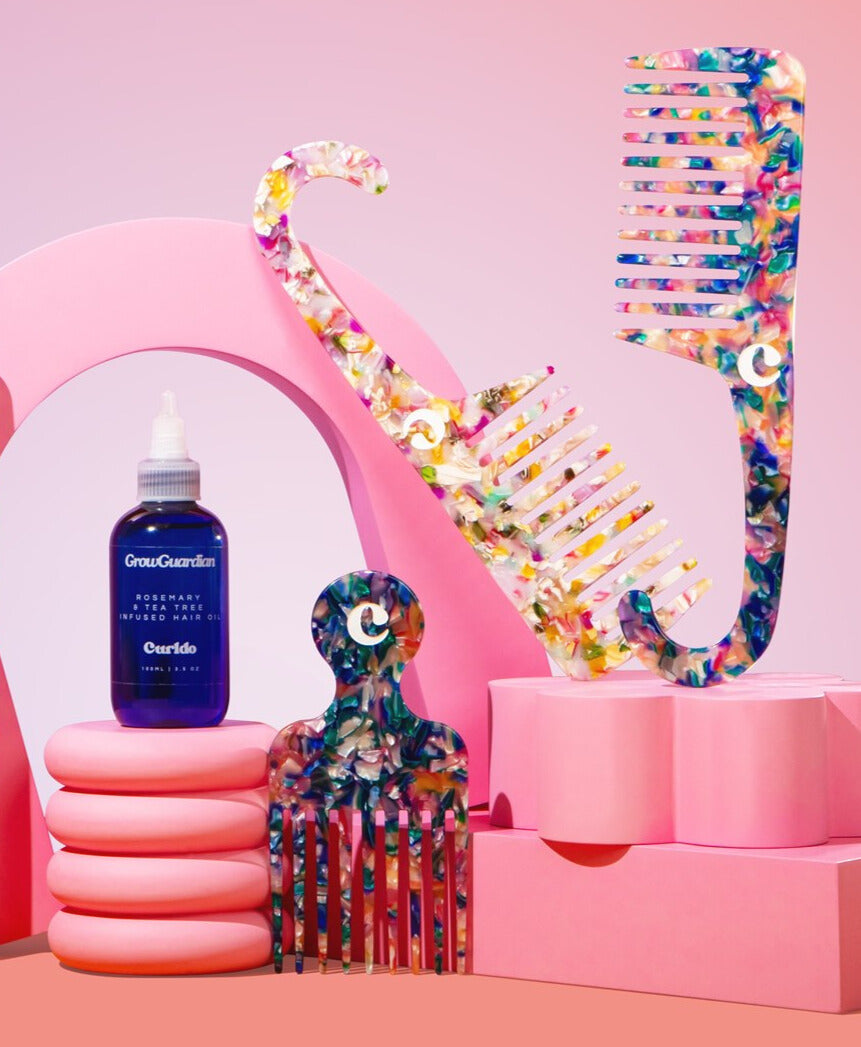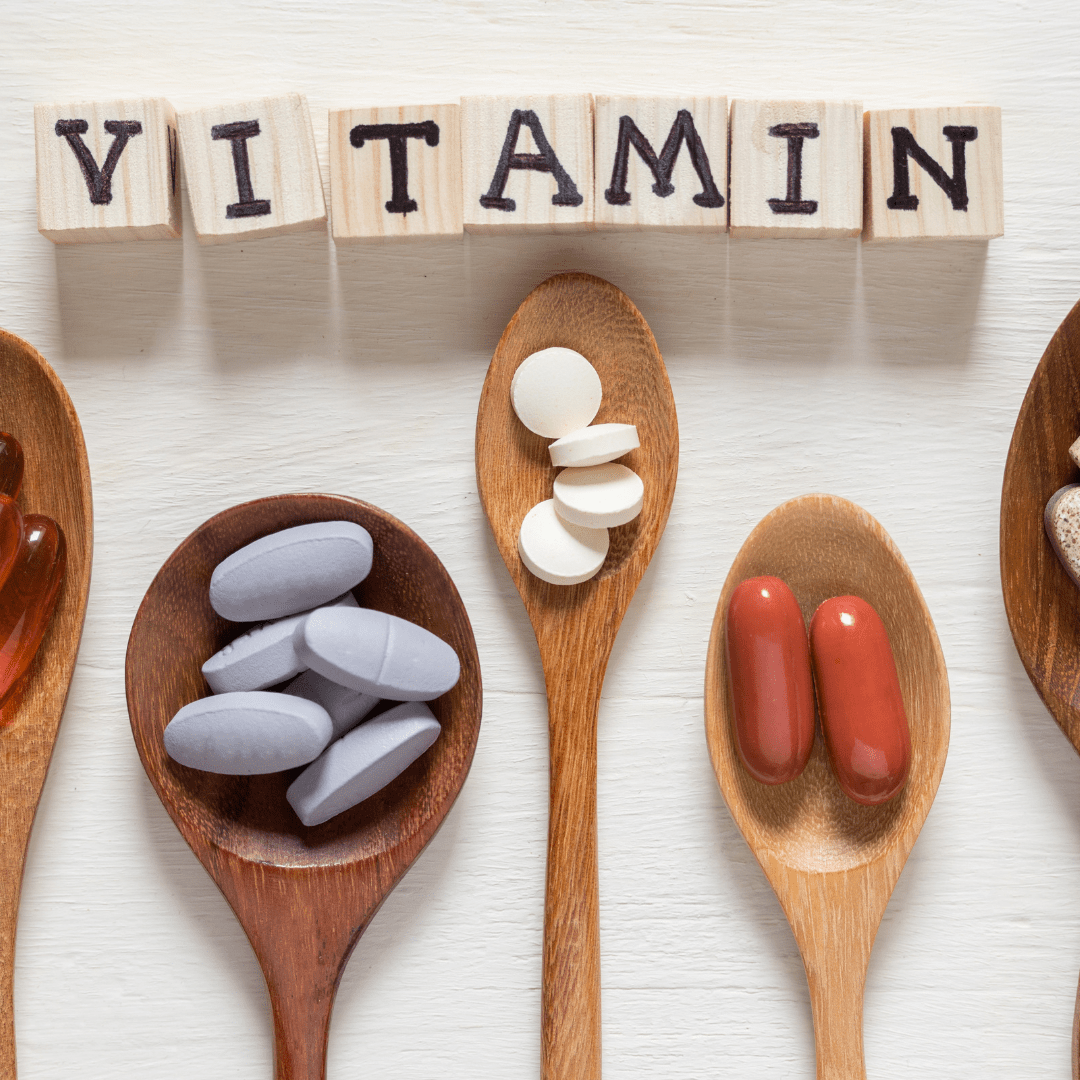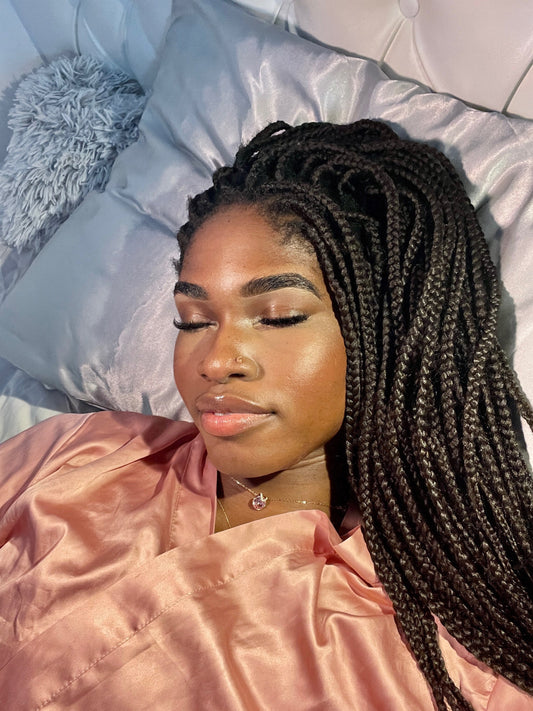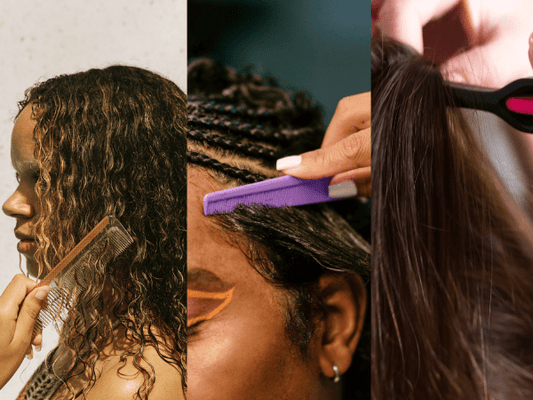Understanding the Role of Vitamins in Hair Health
Hair growth and health are significantly influenced by the nutrients we consume. Vitamins play pivotal roles in cellular turnover, the production of sebum, blood circulation to the scalp, and protection against environmental damage—all of which contribute to the strength, shine, and overall health of your hair.
Essential Vitamins for Vibrant Hair
1. Vitamin A
Vitamin A is crucial for cell growth, including hair, the fastest growing tissue in the human body. It also helps the skin glands produce sebum, an oily substance that moisturizes the scalp and keeps hair healthy.
- Sources: Sweet potatoes, carrots, pumpkins, spinach, and kale are rich in beta-carotene, which converts to vitamin A. Animal products like milk, eggs, and yogurt are excellent sources, too.
2. B-Vitamins
One of the best-known vitamins for hair growth is biotin, a B-vitamin. Studies link biotin deficiency with hair loss in humans, although it's rare. Other B-vitamins help create red blood cells, which carry oxygen and nutrients to the scalp and hair follicles—processes critical for hair growth.
- Sources: Whole grains, almonds, meat, fish, seafood, dark, leafy greens, and dairy products are rich in various B-vitamins. B12, however, is predominantly found in animal products, so it's crucial for vegetarians and vegans to seek alternative sources like fortified foods or supplements.
3. Vitamin C
A powerful antioxidant, Vitamin C protects against oxidative stress caused by free radicals. Additionally, it's essential for the production of collagen, a protein that strengthens hair.
- Sources: Citrus fruits, strawberries, peppers, and guavas are excellent sources of Vitamin C.
4. Vitamin D
Low levels of vitamin D are linked to alopecia, a technical term for hair loss. While the exact role of vitamin D in hair growth is still being studied, it's believed to stimulate hair follicles to grow.
- Sources: Your body produces vitamin D through direct contact with the sun's rays. Few foods naturally contain vitamin D, but fatty fish, cod liver oil, and some mushrooms can provide small amounts. Fortified foods and supplements are also available.
5. Vitamin E
Similar to vitamin C, vitamin E is an antioxidant that can prevent oxidative stress. Studies have shown that people with hair loss experienced an increase in hair growth after supplementing with vitamin E.
- Sources: Sunflower seeds, almonds, spinach, and avocados are rich in vitamin E.
6. Iron
Iron helps red blood cells carry oxygen to your cells. This makes it an essential mineral for many bodily functions, including hair growth. Iron deficiency, which causes anemia, is a major cause of hair loss, especially in women.
- Sources: Red meat, chicken, fish, lentils, spinach, and iron-fortified cereals are great sources of iron.
7. Zinc
Zinc plays an important role in hair tissue growth and repair. It also helps keep the oil glands around the follicles working properly. Hair loss is a common symptom of zinc deficiency.
- Sources: Beef, spinach, wheat germ, pumpkin seeds, and lentils are good sources of zinc.
Incorporating These Vitamins into Your Diet
To ensure you're getting enough of these vital vitamins, focus on a balanced diet that includes a variety of fruits, vegetables, protein sources, and whole grains. Supplements can help fill any gaps, but it's best to get these nutrients from food whenever possible to maximize absorption and benefits.
Conclusion
The foundation of vibrant hair is not found in expensive hair products or treatments but in the nutrients we consume. By understanding the vital roles vitamins play in hair health and ensuring our diet is rich in these essential nutrients, we can promote healthier, more vibrant hair from the inside out. Remember, changes in hair health will take time to become evident, so patience and consistency with your dietary choices are key. With the right nutritional support, achieving luscious, vibrant locks is an attainable goal.











